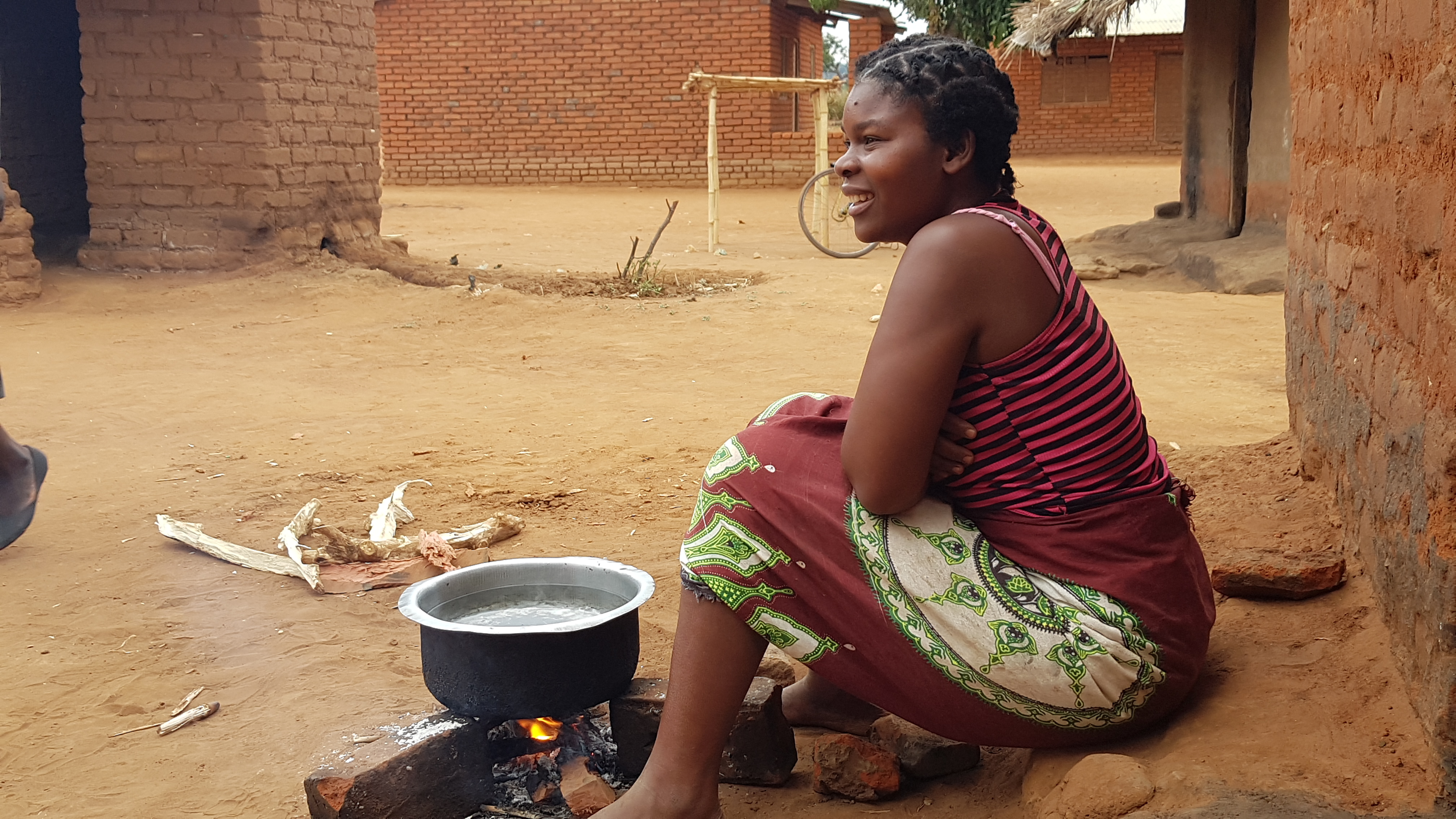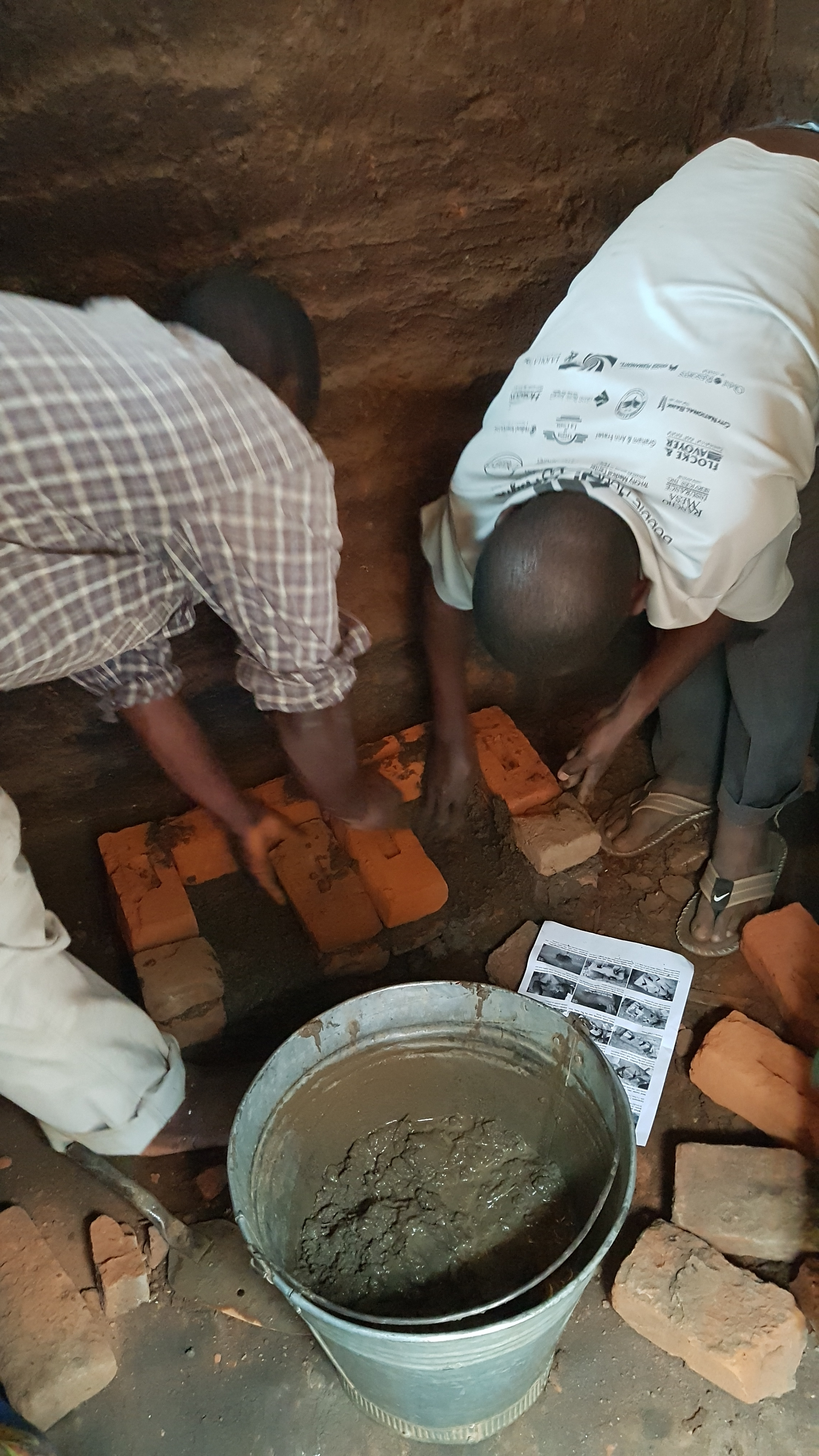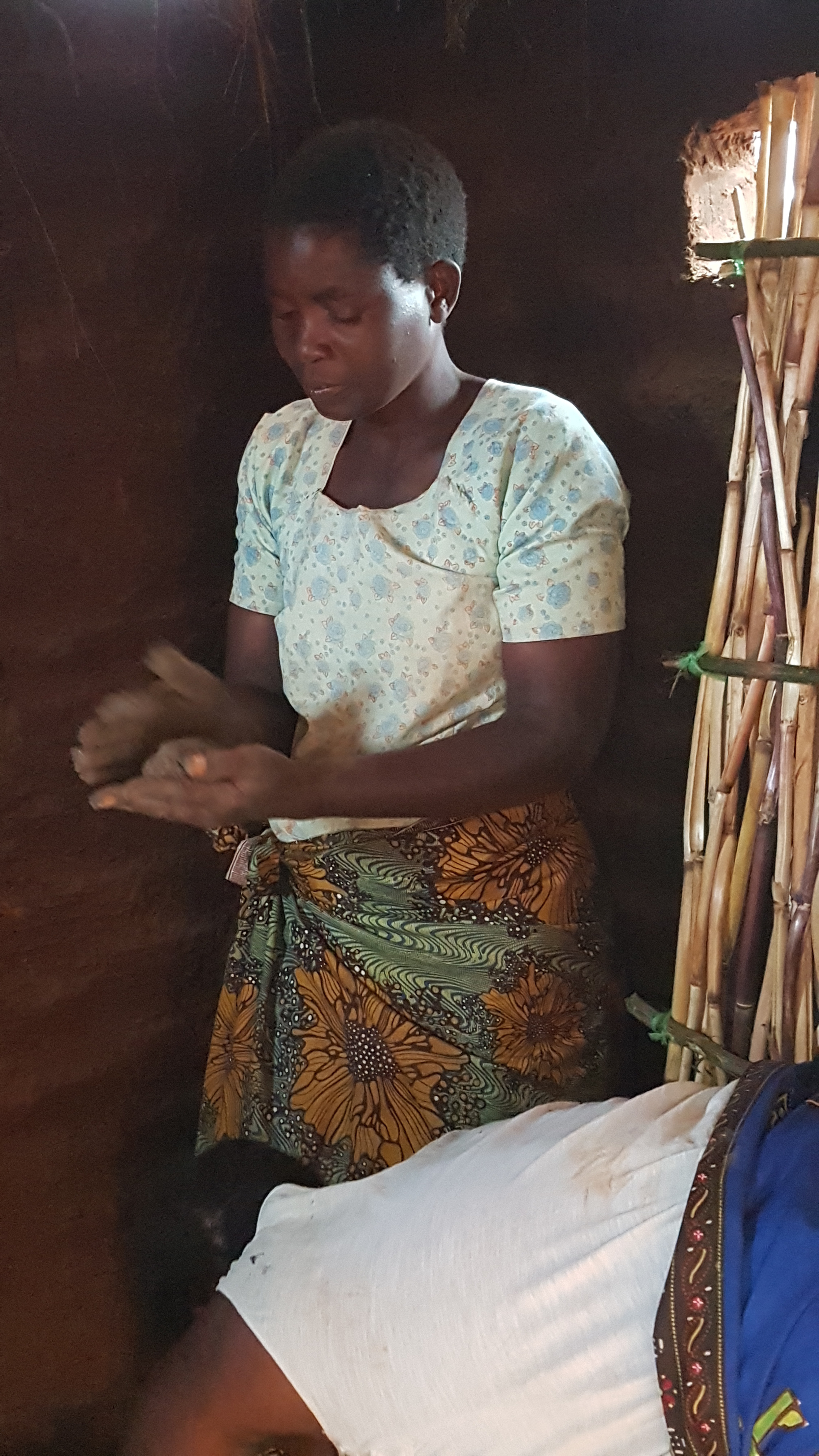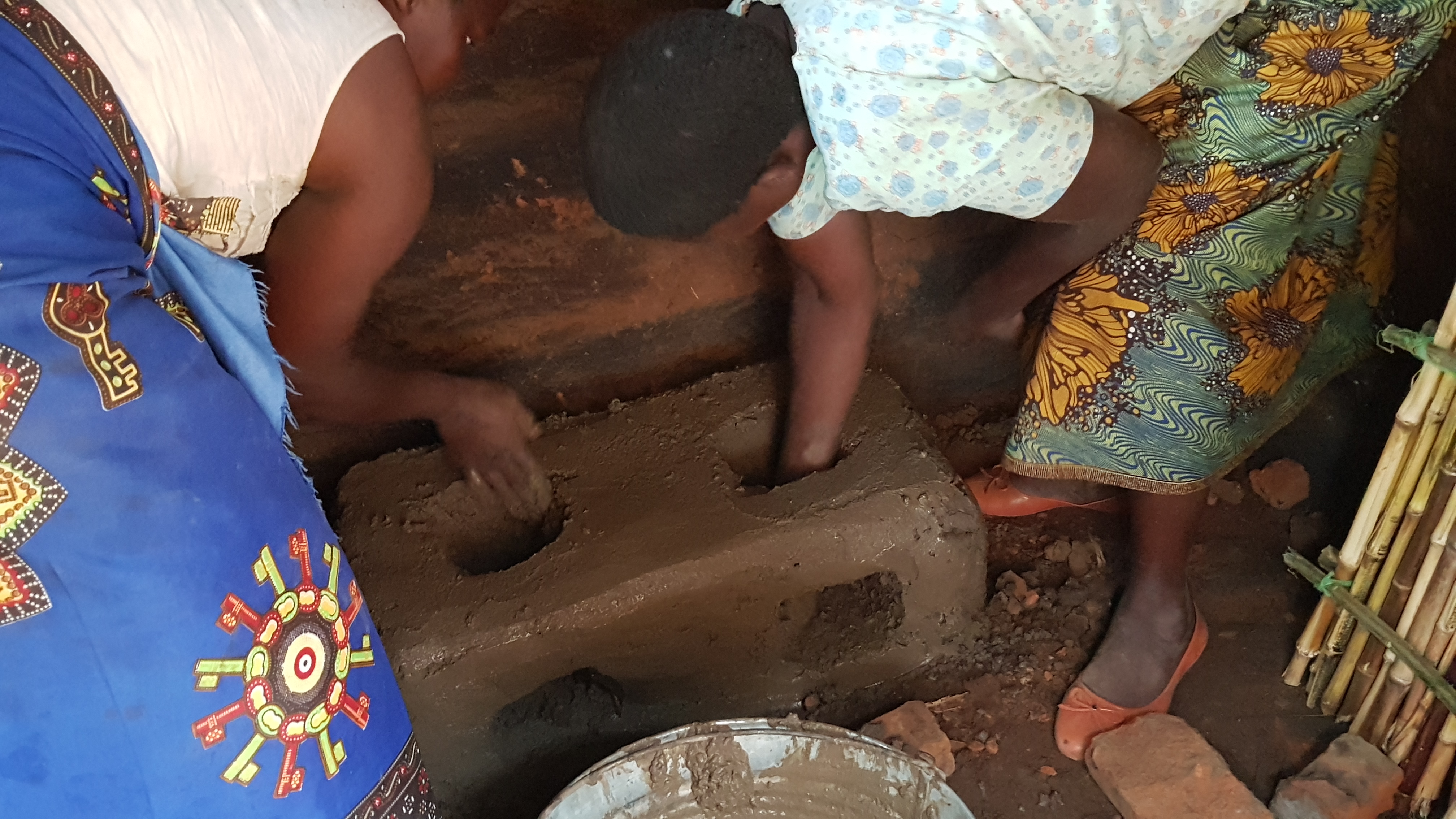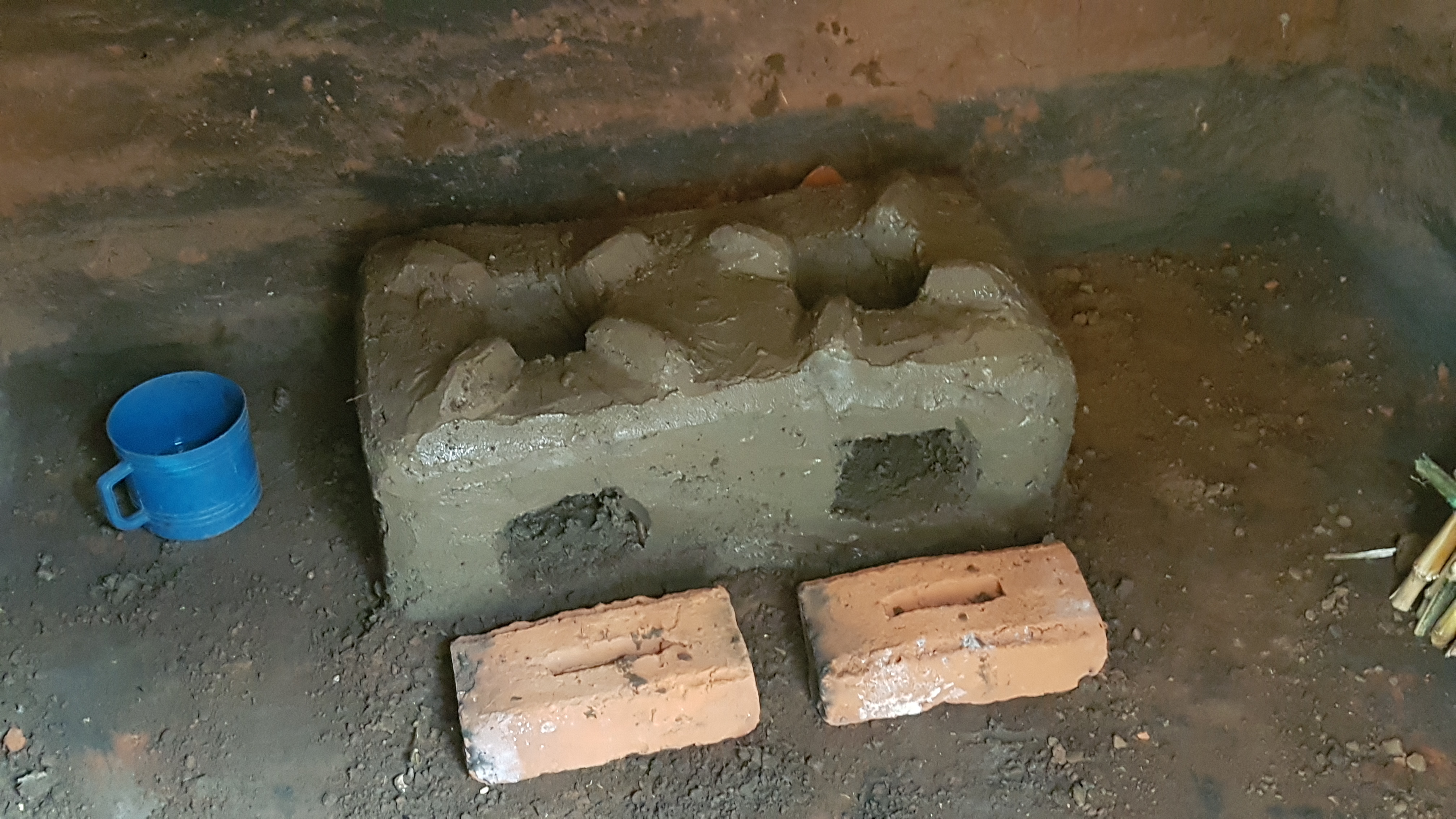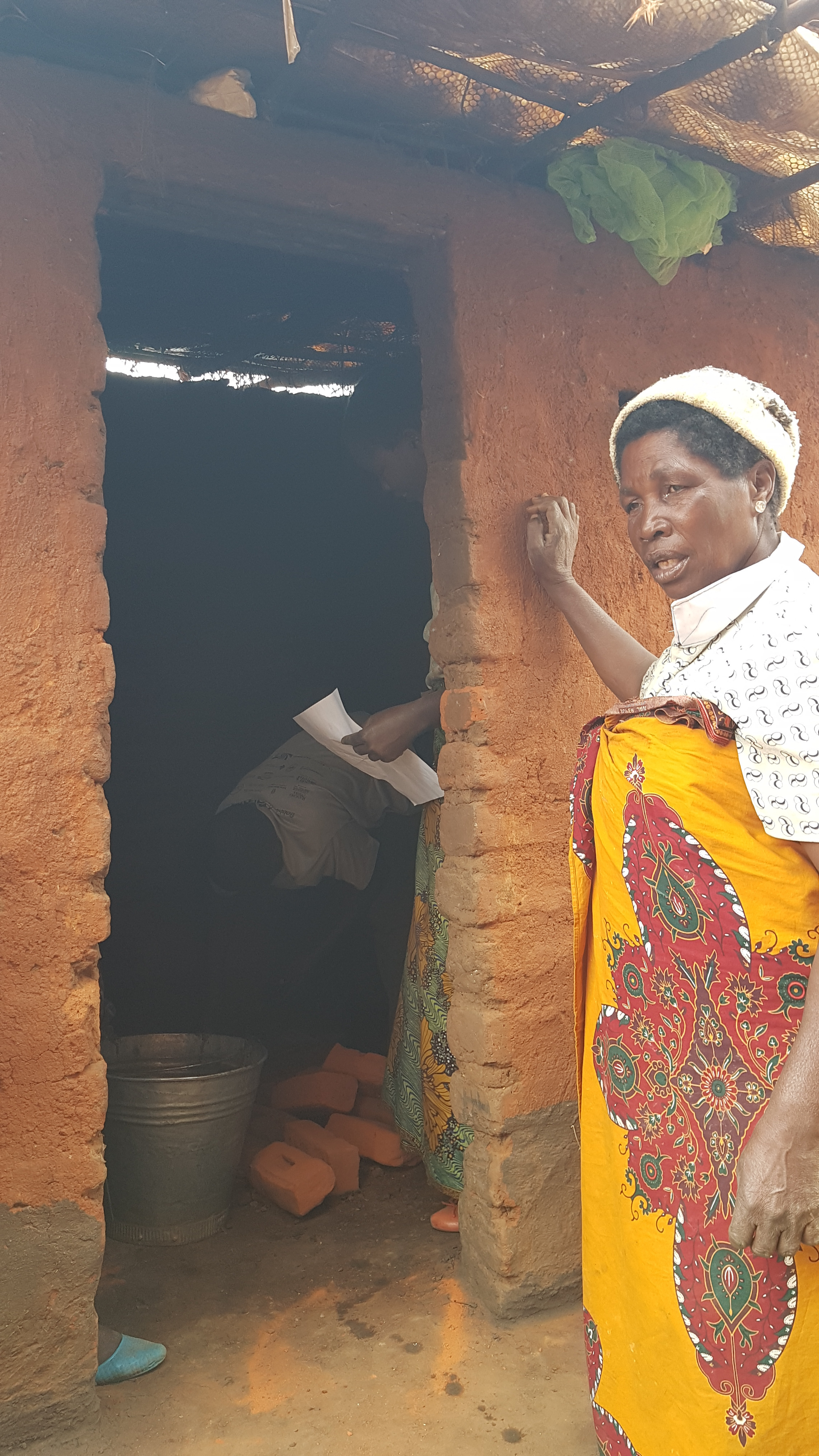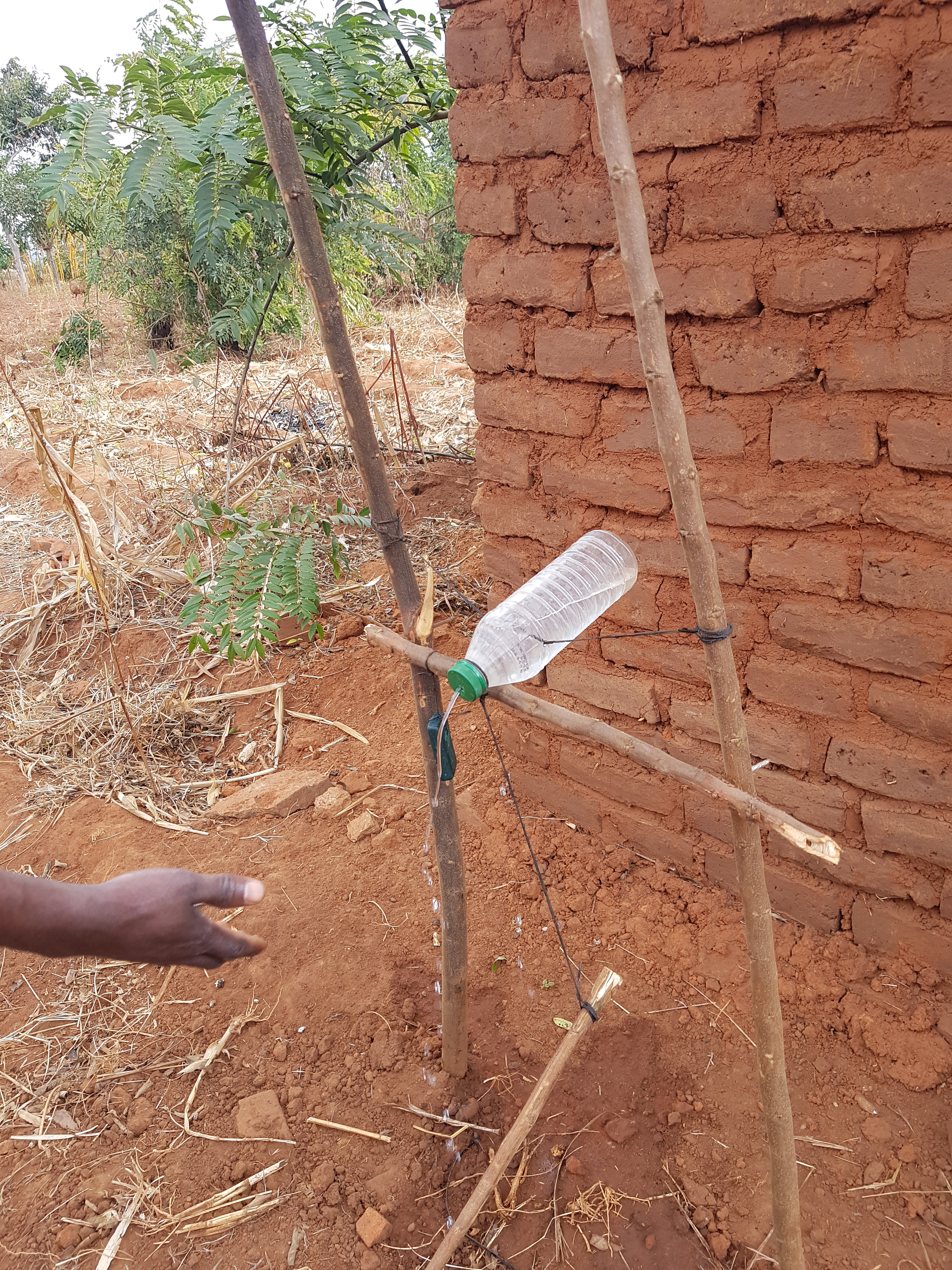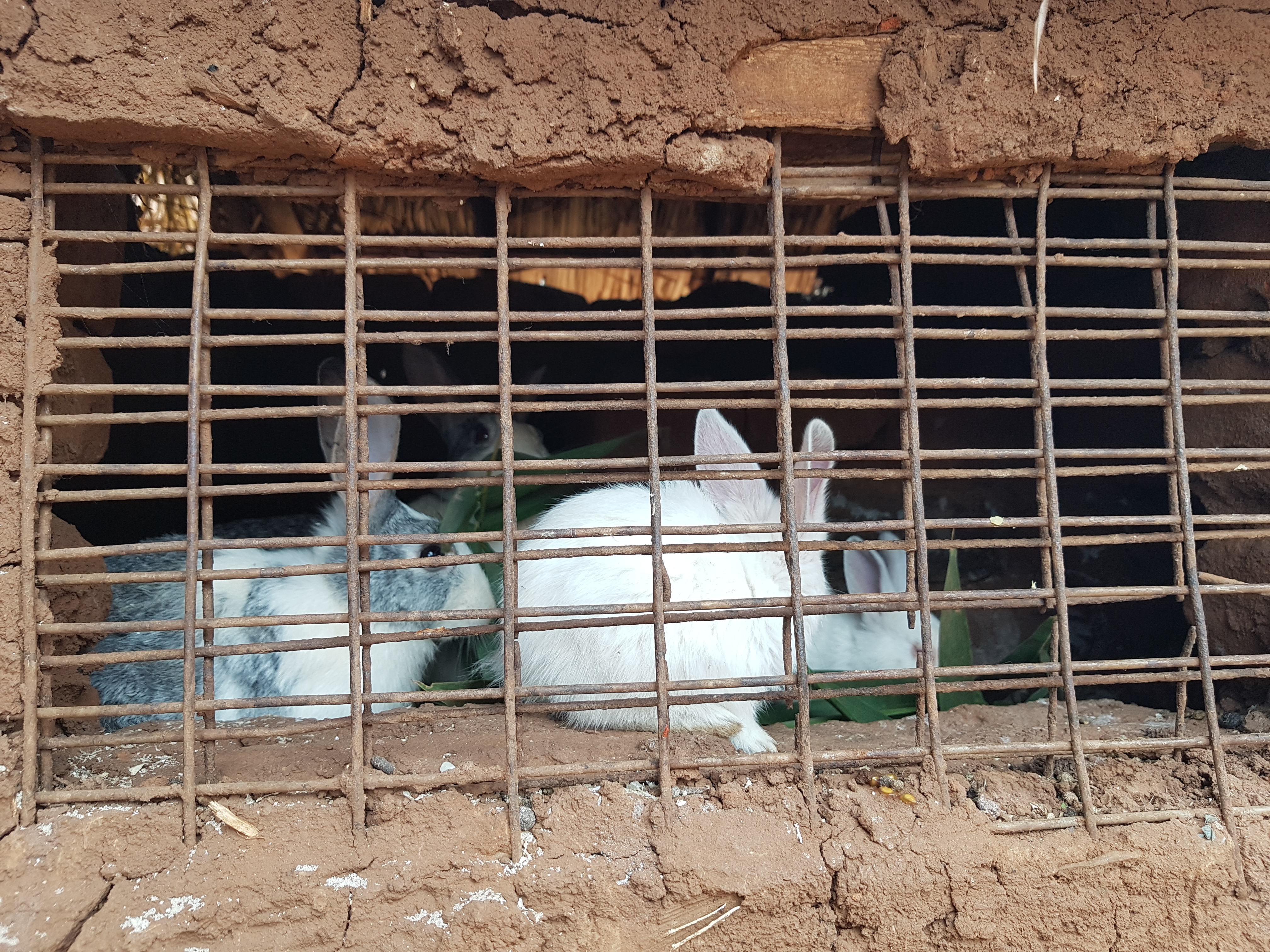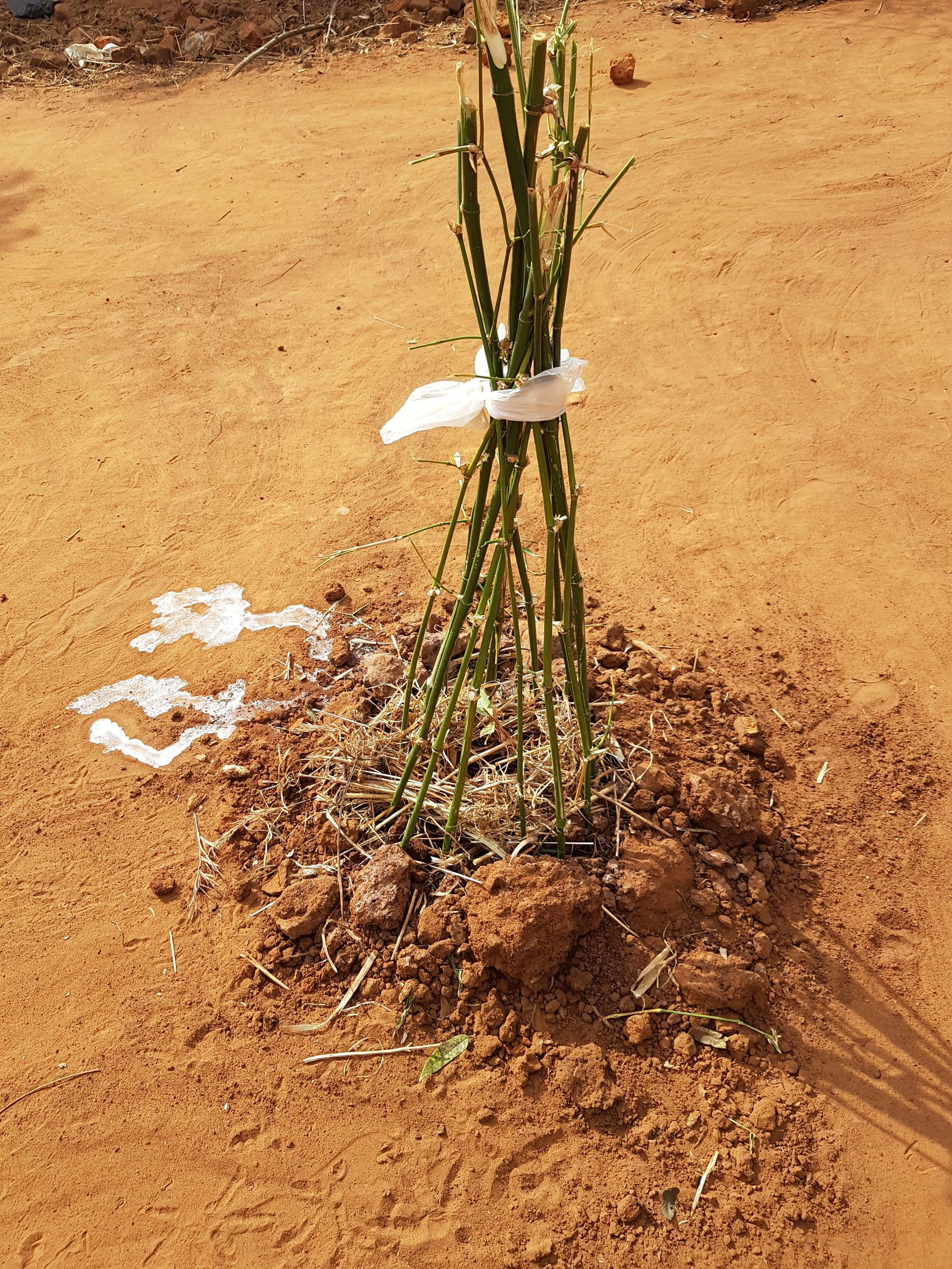A Letter from Luta and Jeremy Garbat-Welch, serving in Malawi
September 2019
Write: Jeremy Garbat-Welch
Write: Luta Garbat-Welch
Individuals: Give online to E200515 for Jeremy and Luta Garbat-Welch’s sending and support
Congregations: Give to D507577 for Jeremy and Luta Garbat-Welch’s sending and support
Churches are asked to send donations through your congregation’s normal receiving site (this is usually your presbytery)
Dear Partners in Mission,
In our last letter, I wrote about Mr. William Chimwezi, coordinator for the CHE Program with the Nkhoma Synod. I shared with you about Chimwezi’s hope and enthusiasm. Just a few weeks after I wrote the last letter, Chimwezi surprised me again with his “go-after-it” personality.
Several weeks ago Chimwezi and I were discussing the issue of deforestation and how some of the villages in which the CHE program is active are addressing this issue. The CHE communities have been mainly addressing the issue through planting trees. These are wonderful endeavors, and a good place to start! Another way to address deforestation is to address the fuel people use for cooking. I asked Chimwezi if anyone was using an improved stove, chitetezo mbaula, and mentioned to him that I had heard of an improved stove called changu changu moto (fast fast fire) being used in the northern parts of Malawi. Malawi’s deforestation rate has been ranked 4th in the world. Currently forest cover is at 26.4% of Malawi’s land area, down from 41.4% in 1990 (FAO). One of the causes of this deforestation is that 97% of Malawians rely on biomass (wood or charcoal) for cooking. Malawians typically cook over a three-stone fire which allows the heat to dissipate. It takes about 90kg of wood per week to cook meals for a typical Malawi family. With a changu changu moto, it takes 30kg per week. Malawian women typically spend 10 hours a week collecting firewood. A changu changu moto not only saves time in collecting firewood, but as a double burner unit, it also saves times in cooking. Other benefits of a changu changu moto include a decrease in smoke inhalation (studies have shown the smoke inhalation from cooking over a three-stone fire is the equivalent of smoking 2 packs of cigarettes a day) and reduction in burns from children falling in the three-stone fires. Chimwezi was not aware of anyone using an improved stove and expressed interest in learning more. I shared some videos of the changu changu moto with Chimwezi and sent him instructions on how to build one. Within days he requested that I come out to see him so that we could try to build one together.
I left Lilongwe for Nkhoma (about an hour drive away) expecting to spend a quiet afternoon with Chimwezi catching up with him on CHE activities and building a changu changu moto. However, when I arrived, Chimwezi took me on a whirlwind tour of the village. Chimwezi’s village became a part of the CHE program this year — one of the two new villages the CHE trainers are working in. Having heard about CHE through Chimwezi, his village had been eager to begin. Chimwezi started with a tour of his yard, which had been transformed since the last time I visited him. Taking to heart my words that a CHE trainer needs to be a model and implement in our lives what we teach, Chimwezi had planted approximately 10 trees — fruit trees and wood trees. He had built a tippy tap (a hand-washing station) outside his latrine, used an old plastic lid to create a cover for the latrine hole, built a dish rack and started a kitchen garden. These are all components of what is known as a Healthy Home, a basic foundation and easy entry point for CHE. He also showed me a rabbit coop that he said was his son’s. His son had begged him for 1000 kwacha ($1.40) to buy rabbits that he would raise on his own. Chimwezi moves fast, and quickly took me through the whole village to see all of the tippy taps, pit latrines and kitchen gardens in process at each home.
Chimwezi reminded me that he had previously told me about a woman from another village who had wanted to participate in CHE but he wasn’t sure if that was allowed. I had shared with him that if someone is interested in doing the work and being a part of change, we should welcome them gladly. After a tour of his village, we walked across the road to meet this woman, Mrs. Njati, and to see her tippy tap and pit latrine. I greeted her and she said, “I’m just an old woman, but I also want to see change and I’m trying.”Back at Chimwezi’s village, I was told that the community had chosen one of the primary CHE volunteers to build the pilot changu changu moto, and that we would all build it together. I had assumed we would do it alone so that we could troubleshoot the process as we learned and teach others when we were “experts.” I chuckled at myself thinking about my Western idea of trying something out one-on-one and finding myself all together with the community. I was a little apprehensive as I am not a builder, and I was worried that we weren’t going to be able to build it properly. My apprehension was for naught. After all, most Malawians build their own homes. I handed them the instructions, and they all examined it, discussed it and got to work. Within an hour, a changu changu moto had been built. I shared with Chimwezi how impressed I was with the activity in his village and he said, “I told you we were moving.”
It was a joy to spend time with Chimwezi and his community. It was a joy to meet Mrs. Njati, who wants to see change in her home. These are the early adopters, people willing to take risks and make changes, and who will encourage those around them. As more people see their example and the results, the villages will slowly but surely change for the better. And watching them work together to try something new reminded me of the power of community. The successes are multiplied and the risks are shared when we don’t insist on doing things on our own.
Just as the effort and impact in CHE comes from the community and not one person, we also rely on many for us to be here in Malawi. Your prayers and communications keep us encouraged. Your financial gifts allow us to live here, and to support people like Chimwezi and his village. May God bless you as you continue to support us.
In Christ’s Service,
Luta (for the Garbat-Welches)
Please read this important message from Sara Lisherness, interim director of Presbyterian World Mission
Dear friend of Presbyterian Mission,
Greetings in Christ! As the interim director of Presbyterian World Mission, I am grateful to have the opportunity to thank you for your continued support of PC(USA) mission co-workers.
The above newsletter bears witness to some of the many ways in which God is at work in the world through long-standing relationships between global partners and the PC(USA). These partnerships are nurtured and strengthened by the presence of mission co-workers in over 40 countries; you are an important part of this partnership too, as you learn about and share how our church is involved in global ministry; as you pray for our partners and mission co-workers; and as you take action to work with others for God’s justice, peace and healing.
I write to invite you to continue joining us in partnership in three ways. First, your prayers are always needed. Please pray that God will continue guiding the shared work of the PC(USA) and global partners as we engage together in service around the world. Pray, too, for mission co-workers, that they may feel encouraged in the work they are doing under the leadership of global partners.
Second, please consider making a year-end gift for the sending and support of at least one mission co-worker.
Finally, I encourage you to ask your session to include one or more mission co-workers in your congregation’s mission budget for 2020 and beyond. PC(USA) mission co-workers’ sending and support costs are funded by the designated gifts of individuals and congregations like yours; your gifts allow Presbyterian World Mission to fulfill global partners’ requests for mission personnel.
Faithfully in Christ,
Sara Pottschmidt Lisherness
Director, Compassion, Peace and Justice Ministry
Interim Director, Presbyterian World Mission
![]() You may freely reuse and distribute this article in its entirety for non-commercial purposes in any medium. Please include author attribution, photography credits, and a link to the original article. This work is licensed under a Creative Commons Attribution-NonCommercial-NoDeratives 4.0 International License.
You may freely reuse and distribute this article in its entirety for non-commercial purposes in any medium. Please include author attribution, photography credits, and a link to the original article. This work is licensed under a Creative Commons Attribution-NonCommercial-NoDeratives 4.0 International License.
